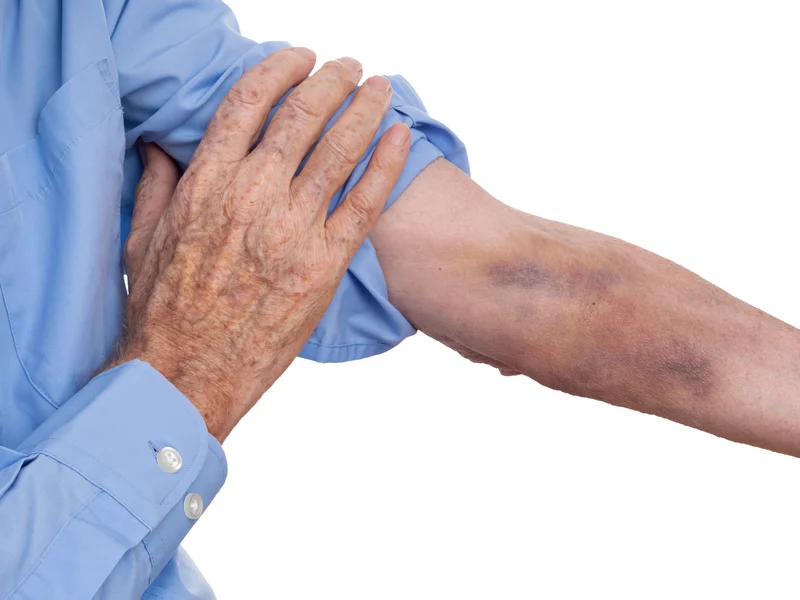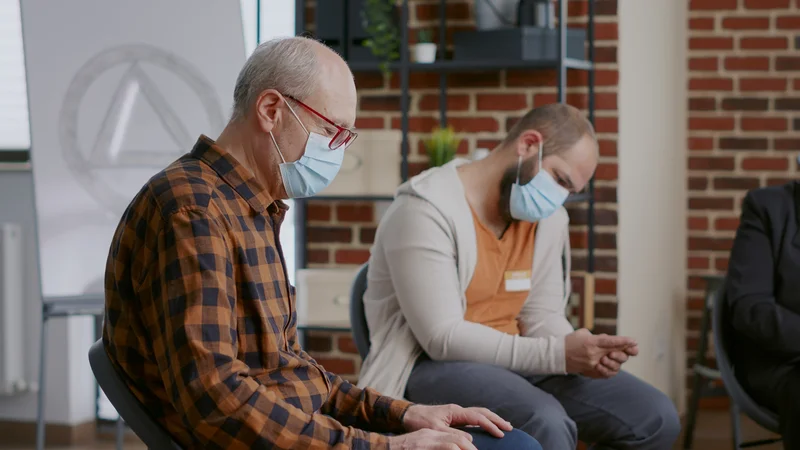
These symptoms can also make the nasal passage more sensitive, leading to sneezing. This reaction will happen whatever alcohol you consume, whether it is drunk or added to main courses or puddings. While most people don’t have a problem with sulphites, those who are sensitive to them might experience allergy-like symptoms, including sneezing, after drinking wine with them. You might be sensitive to sulphites if you also react to mustard and dried fruits like dried apple rings, dried pears, apricots, raisins, prunes, and figs. Because wine allergies and a sulfite sensitivity can potentially be severe, you may want to consider carrying an epinephrine autoinjector (EpiPen). This emergency medication can be used to treat severe allergic reactions while you wait for help to arrive.

What Does it Mean If I Have Nasal Congestion After Drinking Alcohol?
- These wines are lower in histamines and sulfites, so they are much less likely to cause congestion.
- It’s important to be aware of this potential reaction before drinking white wine, as it could lead to an unpleasant experience.
- But, if your nose is all stuffed up or runny after just a few sips of wine, this process probably isn’t proceeding as smoothly for you as it does for other people.
- Another helpful tip is to opt for histamine-low foods, such as fresh fruits and vegetables, or fermented products like yogurt or kefir.
Additionally, they may suggest medications or lifestyle changes to help reduce your sensitivity and prevent future reactions. In most cases, people with wine allergies can still enjoy the occasional glass of wine as long as they take precautions beforehand. It is important to read labels carefully to check for any allergens that could cause a reaction. Additionally, it is best to avoid wines made with added sulfites and histamines, both of which can trigger allergies. Alcohol Alcoholics Anonymous can cause congestion because it expands blood vessels, leading to inflammation in your nasal passages.

Indoor Allergies
- If you suffer from allergies, it is important to be aware of this link and to avoid alcoholic drinks if possible.
- Unfortunately, nothing can prevent reactions to alcohol or ingredients in alcoholic beverages.
- In truth, flushing is a symptom of Red Wine Intolerance, and not Red Wine Allergy.
- If someone experiences these symptoms after consuming even small amounts of alcohol it is important to seek medical attention immediately.
- The UK ranks as one of the world’s largest importers of wine, with the average Brit drinking 37 bottles of wine per year.
That’s why an older wine tastes smoother and less astringent than a young one. Finally, acetate is further broken down into water and carbon dioxide and, voila! Applying a cold compress to your nose will help to soothe the mucous membranes in your nose and reduce inflammation. Rinsing your nose with salt water or a saline solution will help to soothe the mucous membranes in your nose and reduce inflammation. Quercetin is a plant pigment that has been shown to cause sneezing in some people. We use a pharmacist-formulated blend of Glutathione, Dihydromyricetin, Cysteine, L-Theanine, & B Vitamins to stop alcohol flushing before it can begin.
Can allergies or sensitivities play a role in alcohol-induced sneezing?
In fact, one study of five individuals found that a reaction was observed after drinking newly processed wine or grape juice. If you’ve had reactions to wine, could you also have reactions to other things? Generally speaking, most wines contain all of the potential allergens discussed above. These include proteins, enzymes, dairy products, molds, and ingredients used in the production of wine. If you’re prone to congestion after consuming wine, you can try drinking small amounts, staying hydrated, and taking an antihistamine before drinking to minimize the symptoms.
What are the symptoms of an allergic reaction to sulfites in wine?
If you experience frequent or severe sinus congestion, can wine make you sneeze it is recommended that you visit a doctor to determine the underlying cause of the condition and explore treatment options. Your doctor may recommend lifestyle changes, such as avoiding environmental irritants and allergens, as well as medications to reduce inflammation and promote drainage. In some cases, a doctor may also recommend surgery if the condition is caused by structural abnormalities within your sinuses. Red wine can have a wide range of flavors, depending on the type of grapes used in its production. Cabernet Sauvignon and Pinot Noir are two popular types of red wine that offer bold flavor profiles. Merlot and Zinfandel also make delicious red wines with more subtle character.
- Rinsing your nose with salt water or a saline solution will help to soothe the mucous membranes in your nose and reduce inflammation.
- They found that more people reported symptoms following the drinking of red wine than of white wine.
- Plenty of articles cover sulfites in wine and tell us they are bad for our health, causing hangovers, headaches and worse.
Allergy Testing

Additionally, dehydration caused by alcohol consumption can also contribute to sinus congestion. This inflammation can trigger a wide range of symptoms like nausea, vomiting, muscle aches, heartburn, and even headaches. Additionally, alcohol can worsen existing allergic reactions as it suppresses the body’s ability to fight off foreign substances. Signs of an allergic reaction may include nausea, vomiting, hives, and itching.

Red wine is a popular beverage for many people, but it may have side effects that can leave you feeling uncomfortable. One of the potential side effects of drinking red wine is sinus congestion. In addition to its benefits in helping to prevent and manage alcohol flush syndrome, Sunset Alcohol Flush Support can also help reduce stuffy noses after drinking alcohol. This product is a natural way to improve your wine-drinking experience and enjoy its flavor for longer without the uncomfortable side effects.

